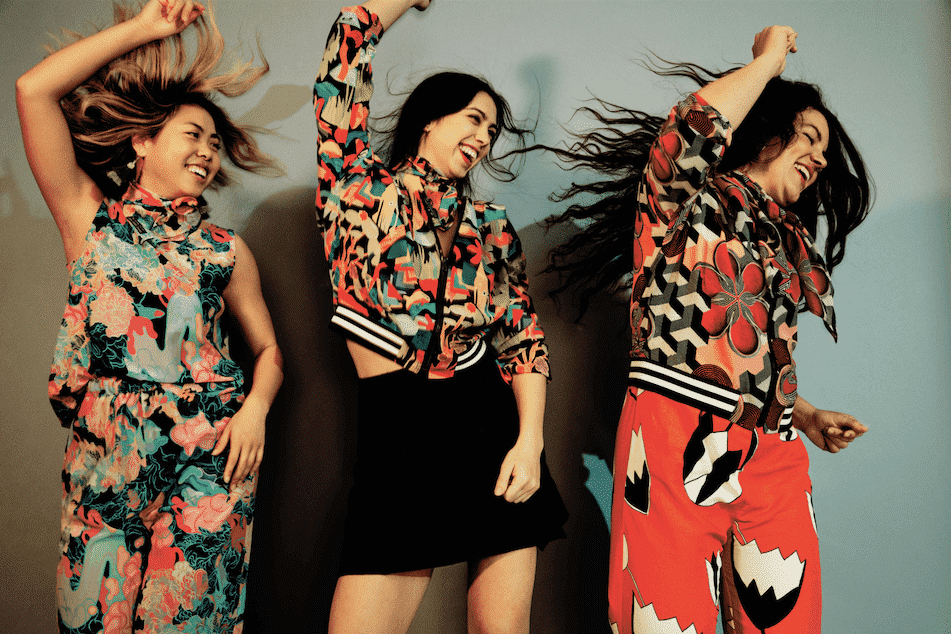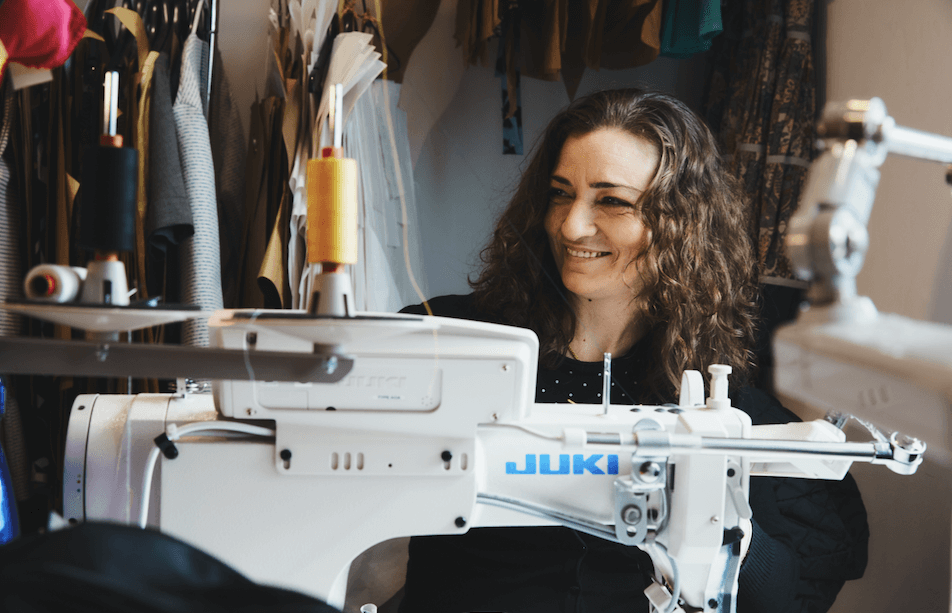Circular fashion is at the forefronts of people’s minds, as slowly, the industry is changing in response to sustainability.
This was best displayed during the Virgin Australia Melbourne Fashion Festival (VAMFF), when a new social enterprise, ‘Good Thing,’ was launched. The aim is simple, to shine a light on the industry’s attitude to waste – all 2.25 million tonnes per year of it.

Designed to highlight the ways consumers can put their dollars to good use, the project supports companies that believe in the circular fashion philosophy. At the helm, ‘Good Thing’ has sustainable industry leaders, like founder Helen Steel from Shared Value Project; Genevieve Brannigan from Communications Collective; and Rhod Ellis-Jones from Ellis Jones.
“Everyone can play a role in encouraging greater sustainability in fashion, and Good Thing is hoping to pave the way for more people and brands to get on board with the circular movement through awareness, education and transparency,” says Helen Steel.
‘Good Thing’ is not the only movement who are making a conscious effort to reduce waste in the industry with circular fashion. On 1st April, General Assembly is live streaming Green is the New Black: The Fabric of Sustainability, bringing together key players like Zoltan Csaki, co-founder of Citizen Wolf; Camilla Schippa, CEO of The Social Outfit; and Jordan Deichen from GlamCorner.
All of these brands have sustainability at the top of their list, from merely reducing waste and carbon emissions to a complete overhaul of contemporary fashion — returning to the pre-fast fashion times of seasons and cycles in an attempt to sell more clothes. GlamCorner, do this best, offering a service that allows the buyer to ‘hire’ dresses and accessories for any events, thus completely removing the cycle of fast fashion.

On the other end of the panel, The Social Outfit is a fashion label with a conscious message to ensure their workers receive a proper wage and ethical working conditions. The label connects those with a passion for producing quality clothes, but also those who may not have access to these careers such as refugee and new migrants to Australia. Under it all, they are fundamentally an eco-label — use excess fabric from brands such as Seafolly, Carla Zampatti, Ginger & Smart, Alice McCall, Cue, and Bec & Bridge.
All of these businesses are doing their part for a circular fashion industry, but it’s an essential reminder that buyers whole all the power. It’s in the environment’s best interest to shop outside of the high street and reduce, recycle, and reuse.